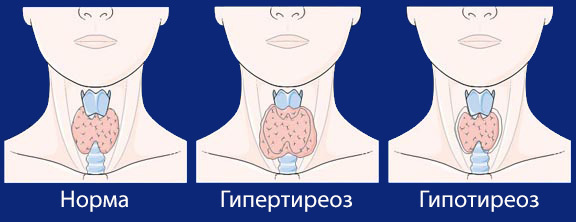Antibodies to insulin in the blood

Antibodies to insulin represent a marker of autoimmune damage to beta cells related to the pancreas and synthesizing insulin. Indications for their use are correction of insulin therapy, diagnosis of diabetes, diagnosis of early stages of diabetes, as well as prediabetes.
Autoantibodies generated by the body to their own insulin are antibodies that are diagnosed in the patient's serum of a patient with diabetes mellitus of the first variety even before the onset of insulin treatment. The appearance of such antibodies can easily be correlated with the patient's age. In a fifth of cases, antibodies are found in adult patients who have been diagnosed with type 1 diabetes. Studies have shown that this type of diabetes develops for about two years in 40% of patients who previously had antibodies to insulin. The titer of these antibodies can be increased in all children without exception, who have type 1 diabetes for five years. This may be due to hyperinsulinemia, which usually occurs in the initial stage of the disease, as well as with the response of immunity. For this reason, the detection of antibodies with respect to insulin can be used as a means of diagnosing early stages of diabetes mellitus, its onset, atypical and erased forms( specificity is 99%, sensitivity is from 40 to 95%).After more than 15 years from the moment of the disease, antibodies are diagnosed only in 20% of patients.
Antibodies to insulin in the blood of patients are the cause of insulin resistance, the level of which depends on their quantity. In the vast majority of patients, a large number of antibodies to the hormone gives a significant effect on how insulin is administered to the patient. The number of antibodies to insulin detected in the blood is considered among physicians to be an extremely important diagnostic parameter that allows the treating specialist to prescribe correct correction of insulin therapy and to establish the degree of dependence between the level of resistance to hormone and the amount of antibodies in the blood. In most cases, the manifestations of insulin resistance can be observed when the patient is injected with preparations of bovine insulin, purified to an insufficient degree, which contain glucagon, proinsulin, somastin and other impurities. To prevent the development of insulin resistance, the treating specialist can use insulin with a high degree of purification( most often porcine insulin), which do not lead to the formation of antibodies. Such antibodies can also be detected in the blood of patients who have been treated not only with insulin but also with hypoglycemic oral drugs belonging to the sulfonylurea group.
Why is it important to test for antibodies to the hormone?
Pre-Diagnosis of Diabetes Mellitus of the First Variety.
How is an antibody test performed on a hormone?
After venipuncture procedure, the blood is collected in an empty test tube or in a test tube with a separation gel. The site on which the venipuncture was made is pressed down with a cotton swab until the bleeding is stopped. If there is a hematoma at the venipuncture site, then the application of warming compresses may be prescribed.
How should I prepare for testing for antibodies to insulin?
Each patient should be aware that this analysis is needed to diagnose diabetes. Also, the patient should be warned that the analysis requires a sample of his blood, and also to inform when and who will conduct venipuncture. When applying the tourniquet, you should warn that there may be unpleasant sensations. If the patient had undergone a procedure for radioisotope research a short time before, this should be reflected in the dispatch form to the laboratory prescribed by the doctor.
Material for testing for antibodies to insulin
Blood serum.
What are the normal indices of the test for antibodies to insulin?
Not more than 10 U / ml.
Indicators exceeding the bar may indicate the availability of:
- Diabetes of the first type;
- Pre-diabetes of the first type.



